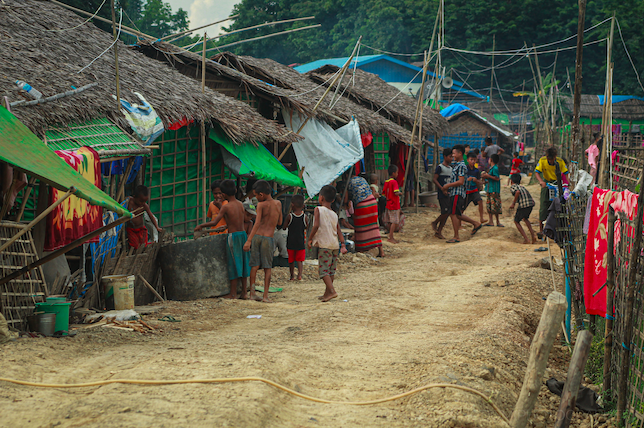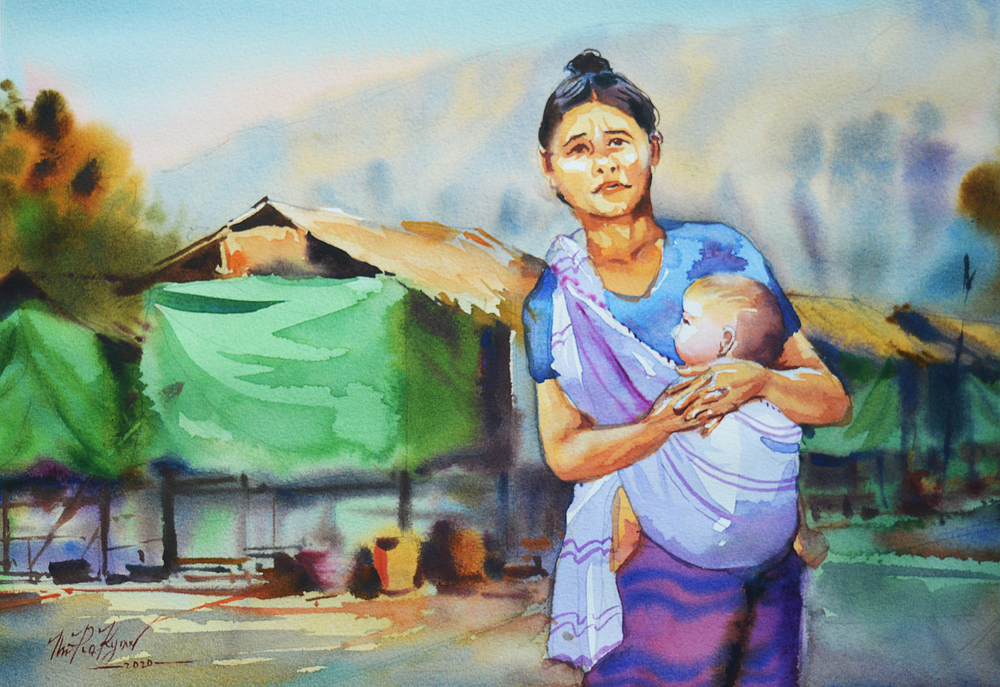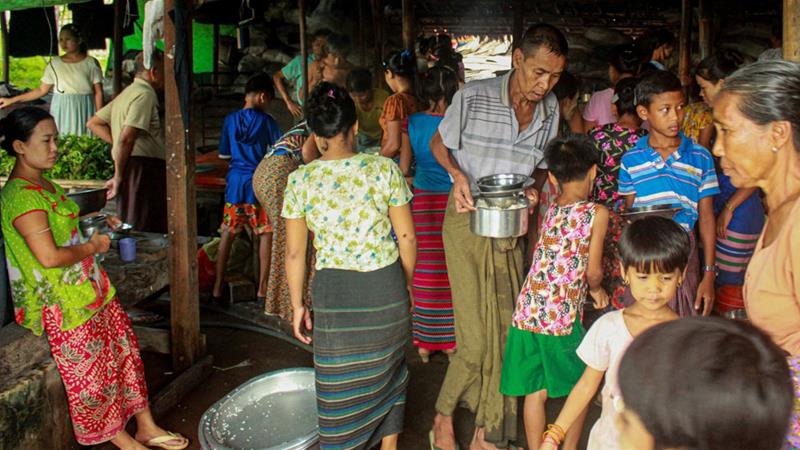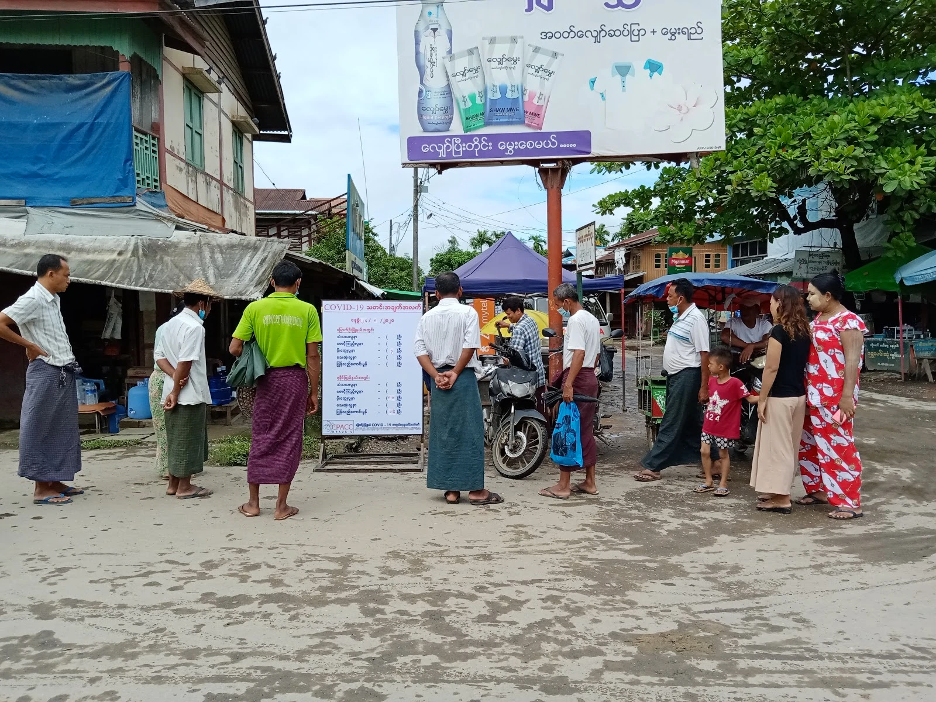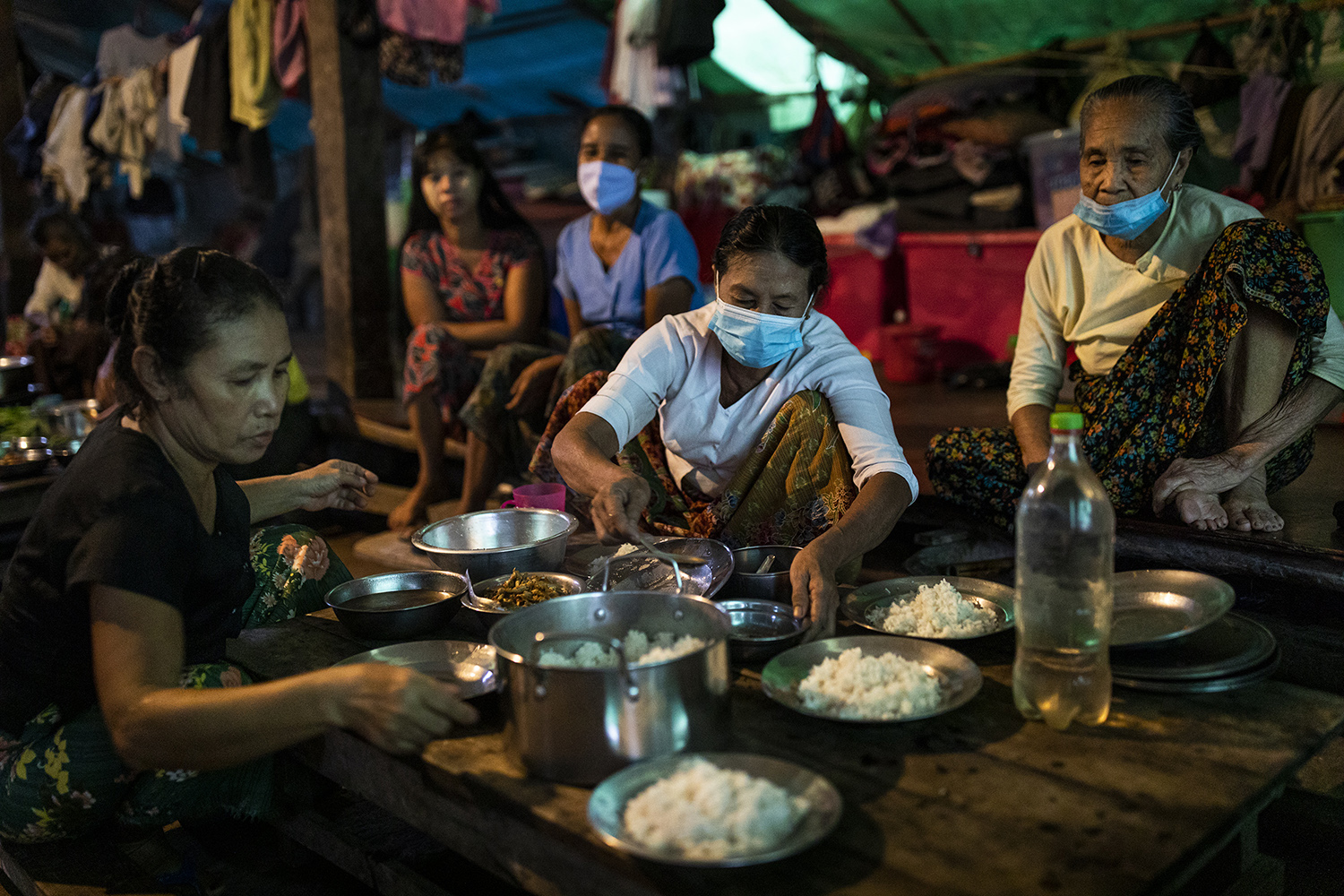Civil war between the Arakan Army and Myanmar military in Myanmar's Rakhine State has displaced approximately 200,000 civilians, and left more than 280 civilians dead since fighting began escalating in late 2018. The COVID-19 pandemic has not slowed the conflict. In April, a World Health Organization vehicle transporting swab samples came under fire, killing the driver. Yet the military has refused multiple ceasefire requests from the Arakan Army, instead excluding the army from a nationwide COVID-19 ceasefire in place since May, while the government excluded the AA from national-level peace talks in August. Rakhine State has seen an outbreak of coronavirus cases since mid-August, yet attacks on civilians and mass displacement continue. Meanwhile, health services remain extremely limited in conflict-affected areas, and the government continues to restrict aid access and high-speed internet.
Myanmar's general elections are scheduled for November, but it is expected that polling will be canceled in most of Rakhine State's townships due to the conflict. Even if Arakanese—also known as ethnic Rakhine—were permitted to vote, many have lost interest in electoral politics. The project will explore the experiences and perspectives of Arakanese in conflict-affected areas regarding the civil war, pandemic, and elections.



